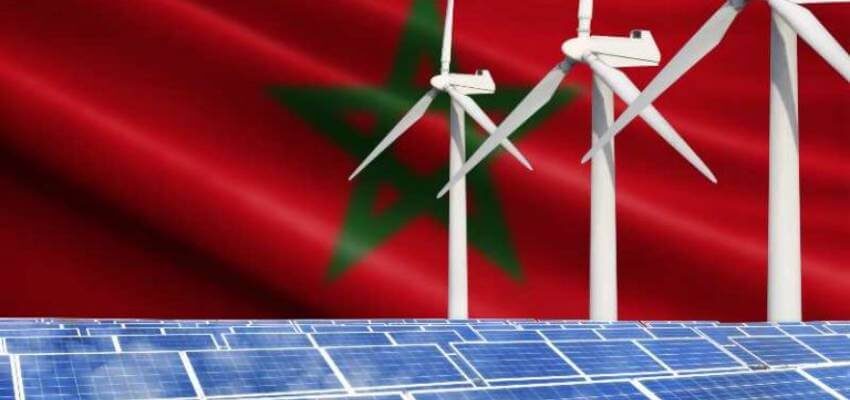RES4Africa study proposes actions to advance Morocco’s energy transformation
Morocco: Morocco’s economic development and population increase determined a steady growth in power demand, which is expected to continue in the future.

Image source: ESI Africa
Morocco: Morocco’s economic development and population increase determined a steady growth in power demand, which is expected to continue in the future.
Hence, the country will need to invest in an adequate power supply to meet the growing energy demand sustainably.
This was the focus of RES4Africa’s new study, Small-scale PV Capacity: Is Morocco Ready?, developed in collaboration with AFRY and Cluster Solaire.
Morocco is a pioneer of renewable energy action in Africa. By the end of 2021, the country achieved an installed renewable energy power capacity of about 37 %, meant to reach 52 % by 2030, of which 20 % is expected to come from solar power.
Small-scale PV solutions for SMMEs, self-producers and the public sector can contribute effectively to Moroccan energy transformation and are considered one of the most effective ways to expand the Moroccan electricity market sustainably.
However, policy and regulatory advancements are needed to unlock investments. Morocco’s transition towards renewable energy is therefore being hampered and according to the results of RES4Africa’s study, targeted actions should be designed and implemented, to enhance Morocco’s policy and regulatory framework.
The report says that focused actions would make it possible for Morocco to unleash the full potential of small-scale PV deployment while making self-consumption more attractive for SMMEs and local administrations.
Enabling the connection of renewable plants to the low voltage grid should be the first intervention, accompanied by the introduction of net-metering schemes, and supported by the introduction of clear project governance.
Further interventions outlined by the analysis are the establishment of transparent rules and tariffs, introducing direct incentives or refunding investment costs, and inaugurating import tax exemptions to help limit the upfront cost, increasing the small-scale PV attractiveness.
Finally, it is desirable to increase social awareness, by disseminating knowledge through public projects and activities involving the population in their operative phases.
Source: ESI Africa
#AFRY#Cluster Solaire#Morocco#renewable energy#RES4Africa#study




